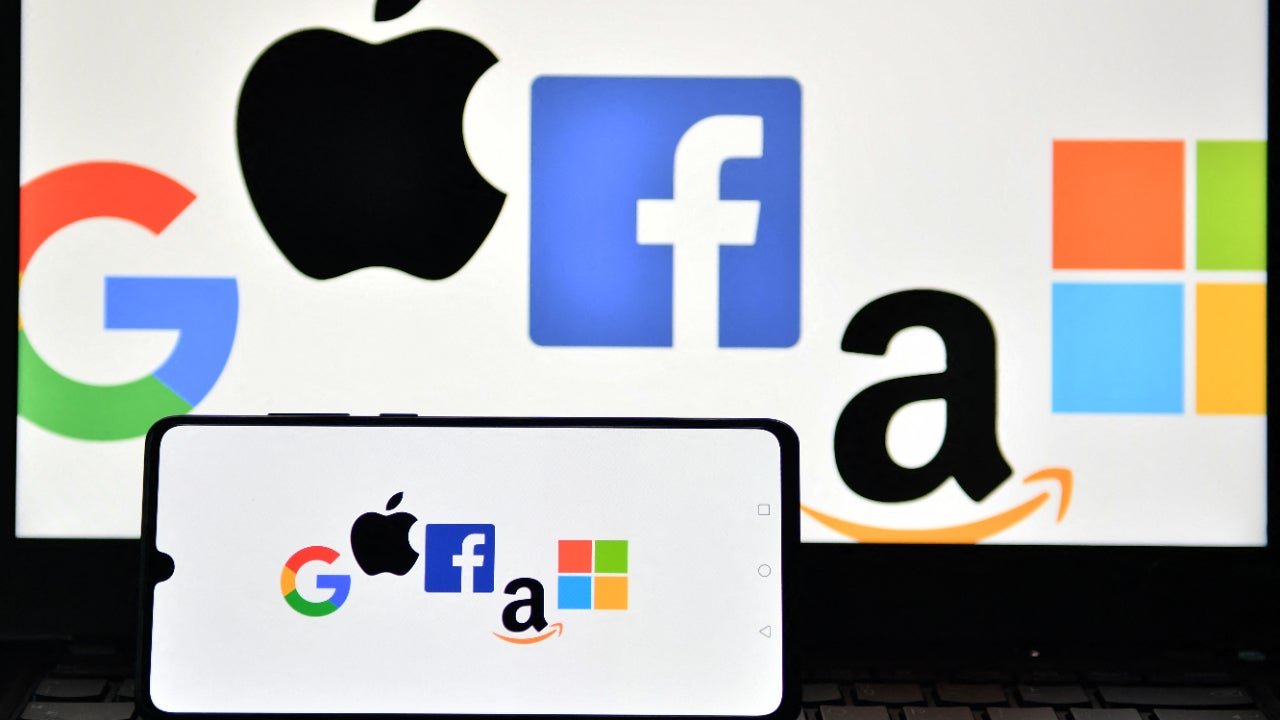Before Big Data became popular, major insurers were already collecting information on their consumers.
A new kind of player is threatening to encroach on their territory today. Tech behemoths like Facebook and Google have made big insurance expenditures, armed with both customers and data.
Take a look at some of Big Tech’s latest insurance efforts, which range from health insurance to product liability coverage.
Google: towards all-in-one insurance?
Google has commercial operations in a variety of industries, and its insurance investments appear to be evenly spread among them.
What appears to be a recurring trend in all of its investments is a focus on precise solutions fueled by data analytics.
This is most probable because Granular Insurance, the flagship company of Alphabet-owned Verily Life Sciences, specialises on developing predictive risk models that aid in the optimisation of rates for employer-sponsored insurance.
On a broader level, its US$100 million investment in US insurtech provider Applied Systems would see the firms’ talent engage with Applied Systems to “push innovation within the global ecosystem,” according to CapitalG’s Gene Frantz. CapitalG is Google’s parent company Alphabet’s investing arm.
In exchange for Google’s investment, Applied Systems will be able to leverage Google’s expertise in areas such as artificial intelligence and machine learning.
Google has made several stakes in health insurance. They include a US$375 million investment for a 10% ownership in Oscar Health, a US health insurance startup, and a US$81 million investment in Collective Health, an American health-tech firm.
Google also made a $300 million investment in US insurance carrier Lemonade and a $60 million investment in online people platform Gusto.
Amazon: betting on Indian auto-insurance
Thus yet, Amazon has not been a prolific insurance investor.
The ecommerce behemoth’s single investment is a US$12 million stake in Acko, an India-based digital insurance business founded in 2018.
According to industry observers, Acko’s coverage of the “digital economy” was what drew Amazon to the transaction.
Meanwhile, thanks to Amazon’s cooperation with Acko, vehicle owners in India can sign up for Amazon insurance in two minutes or less.
Microsoft: a cloud-driven investment play
Microsoft’s cloud business has progressively chipped away at rivals Amazon and Google’s market share, and the company is trying to consolidate its position by not only building almost 100 new data centres each year, but also acquiring and investing in insurance and insurtech leaders.
Nuance is one such acquisition this year. Microsoft paid $19.7 billion for the healthcare cloud and AI software firm, which it bought through an existing collaboration.
The acquisition is likely to speed up Microsoft’s ambitions to provide industry-specific cloud solutions, particularly in healthcare, where the company will launch Microsoft Cloud for Healthcare in 2020.
Microsoft also invested $74 million in digital insurance startup Atbay. The move has been described as an effort to boost the company’s cyber-security posture and improve cyber-security for small and medium-sized organisations.
By leveraging Microsoft 365’s built-in security measures and free active risk monitoring, small and medium-sized enterprises can save 15% on their At-bay cyber insurance policy costs.
Tencent: transforming WeSure into a one-stop shop
Tencent’s WeSure, which debuted in 2018, has progressed from distributing small-ticket things like mobile insurance coverage to sophisticated, long-term contracts that most insurtech disruptors have avoided.
The Chinese internet behemoth has also just formed a specialised sales team focused on cultivating new consumers through artificial intelligence and digital channels.
Tencent, like Google, has made a number of investments across numerous insurance sectors.
Certain investments, such as the firm’s $61.9 million in Chinese online financial counselling startup Xiaobangguihua, do not immediately cover insurance.
Others provide coverage for a wide range of insurance products. Tencent’s $218 million investment in Hetai Life Insurance, for example, provides female-specific disease insurance, trip insurance, and comprehensive accident insurance.
Tencent also owns a 20% share in the multinational insurance giant Aviva and has invested $150 million in the Chinese insurtech firm Waterdrop.
Sony: catalysing digital transformation for insurance
As a conglomerate, Sony distributes a wide range of products and services, and the Japanese multinational corporation does not shy away from insurance.
Sony Life Insurance, a subsidiary, provides a variety of insurance plans, including life insurance, endowment insurance, personal pension insurance, and nursing care insurance.
Sony’s venture capital fund invested $2.3 million in Covr, a digital life insurance company based in the United States, earlier this year.
Sony Life Insurance’s digital transition is likely to be accelerated by the investment. This collaboration with Covr may enable Sony to offer more accessible policies by enabling additional ways of distribution.










